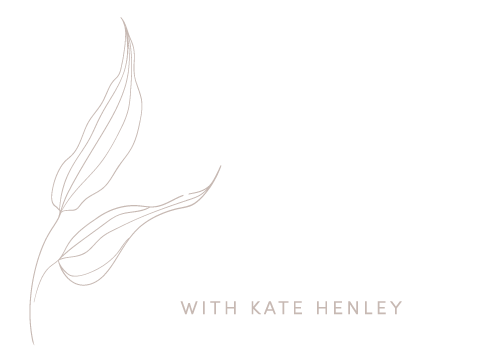Benefits of ginger
The top superfoods to support you in the Winter season are: Adzuki beans and Ginger.
Ginger is a flowering plant which is a rhizome, that is widely used as a spice in folk medicine. It contains gingerol, a natural component of ginger root, and the main benefit of ginger is that it supports gastrointestinal motility. This is the rate at which the food goes into the stomach and continues through the digestion process.
Eating ginger encourages a very efficient digestion and food will not be able to linger for long periods in the gut. It is well known as a support for nausea and stomach pain, is used for morning sickness, early pregnancy and it is recommended for sickness that is caused from chemotherapy. People take ginger on its own, in a biscuit or cake and also in tea.
Ginger is known to increase serotonin levels in the body, serotonin is the feel good hormone and lack of this can cause low moods and depression. Ginger is also known to increase dopamine levels, this is also related to mood. Ginger can reduce inflammation in the body, it is widely known that inflammation can cause depression. Finally, and importantly it is very helpful for anxiety, depression and any other emotional disorder such as dementia and PTSD.
Top 10 benefits of ginger:
Better digestion
Improved immunity
Supports pre-menstrul syndrome
Relieves nausea and upset stomach
May help at reducing cancer growth
Reduces pain and inflammation
Improve healthy skin
Can support weight loss
Improves brain function
Prevents cardiovascular disease
What a wide range of benefits!
So, how can you bring these into your diet easily?
It is safe to have ginger everyday but experts suggest to have 3 to 4 grams daily and only 1 gram a day if you are pregnant. If you take to much ginger it can cause gastrointestinal issues such as reflux, heartburn and possibly diarrhea.
Less well known however still used, people take ginger tea to support sleep issues as it can help people relax before bed time. It can also be taken with lemon grass which helps to relieve stress. Some people report that it has really helped with their sleep pattern. Additionally ginger can help to support weight loss and there are some studies about this issue supporting the idea of managing obesity. It does this by supporting how your body burns fat.
Ginger helps improve your circulation in your scalp and is sometimes used for stimulating folicol growth on the head. It is used for people that are prone to early baldness and weaker hair. It can combat hair loss. Ginger can also effect the skin and one study has found that eating ginger and curcumin (rich in antioxidants) can support digestive properties by enhancing the secretion of bile and intestinal flora.
In Traditional Chinese Medicine, ginger is very much used as part of the diet. It is know to be a heating food, which means that it is generally used to support cold conditions. It is also used in the winter months to support circulation and encourage 'yang' in the body. It is to be avoided when a person is constitutionally very hot and suffers with any condition to do with heat, this could be hot flushes, high blood pressure or even red angry skin. Apart from this instants, ginger can be used safely as it is a vey powerful tonic for the body
Ginger can be consumed in many different ways you can drink ginger tea by grating ginger into a cup and pouring on boiling water, you can add a squeeze of lemon and a teaspoon of honey and turmeric if you wish to provide you with a cleansing antioxidants drink. This is best taken on an empty stomach int he morning. Additionally you can use ginger in curries and stews. Ginger can also be juiced with apples and carrots to create an antioxidant tonic.
